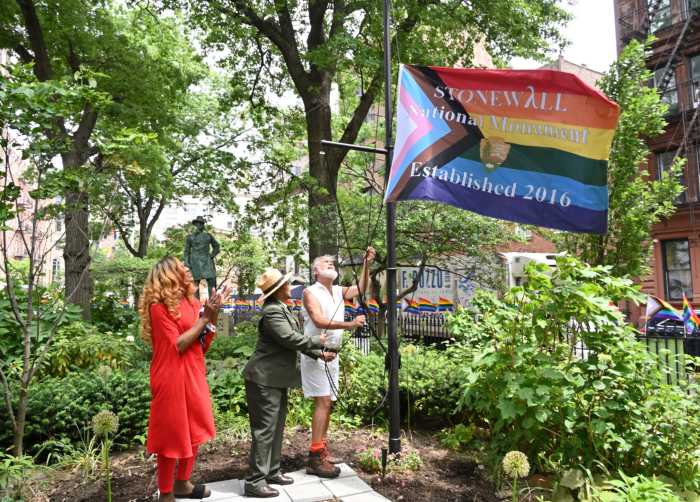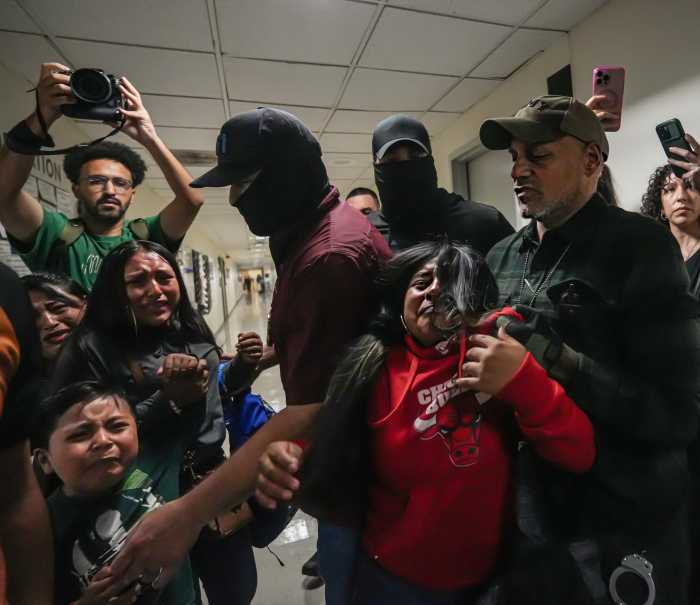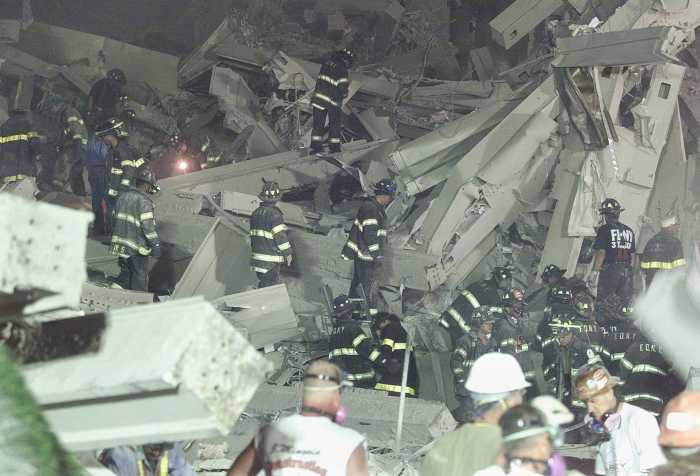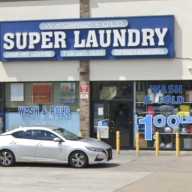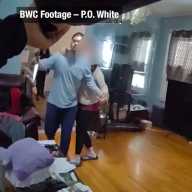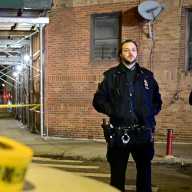Here we are again, mourning, lamenting, searching for answers.
On Saturday, the last day of Passover, another hate-driven gunman entered a synagogue, this time the Chabad in Poway, California, and started shooting, killing Lori Gilbert Kaye and injuring Rabbi Yisroel Goldstein and two others. John Earnest, 19, who is believed to have made an online post full of anti-Semitic and white-nationalist tropes earlier that day, has been charged.
The horrifying shooting came as Jews gathered in part to recite a set of memorial prayers for loved ones. And it came six months to the day since a gunman killed 11 people at a Sabbath service at the Tree of Life synagogue in Pittsburgh. The gunmen are linked by the anti-Semitic hatred both apparently harbored. Both were incited by internet message boards and social media sites that are fueling an epidemic of violence, hatred and intolerance, a digital hell that has made it easier for lone wolves to become a pack. A letter reportedly written by Earnest referred to both the Pittsburgh suspect and another accused of killing 50 people in New Zealand mosques on March 15.
Saturday’s tragedy raises hard questions about the balance between free speech and that which incites violence. It comes when anti-Semitism is on the rise, even as Jews prepare to commemorate Holocaust Remembrance Day.
It also follows reports that the U.S. Department of Homeland Security has restructured a domestic terrorism bureau and is doing less reporting to local law enforcement about homegrown threats. Federal officials say they’re still doing the same work, but the Poway shooting, and Monday’s arrest in an alleged Southern California terror plot, makes clear just how important it is for that work to continue unabated.
Follow the wounded rabbi’s advice
President Donald Trump has said and done the right things, condemning anti-Semitism after Saturday’s shooting. But Trump also has doubled down on his take that there were “very fine people on both sides” of the 2017 white nationalist violence in Charlottesville, Virginia, saying he answered “perfectly.” Also recently, he has yet to condemn arson attacks on three black churches in Louisiana.
Trump can demonstrate that he is serious about combating anti-Semitism and white nationalism by taking a bold but simple step.
He could follow the advice of Rabbi Goldstein.
Goldstein encouraged Jews to continue to go to synagogue Friday night and Saturday morning, just as they did after the horrific events at Tree of Life. “We need to fill up those rooms. We need to show them that terrorism and evil will never prevail. Let’s fill up the synagogue, let’s stand tall, let’s dance together,” Goldstein said.
What if we all seized on Goldstein’s directive? What if Trump showed up in a synagogue this Sabbath, too? What if each member of his Cabinet and senior staff attended a synagogue, mosque, Sikh temple or black church to show solidarity with those who have been attacked because of how and where they pray? This weekend could be a moment for the president to acknowledge and honor our religious diversity.
Perhaps then, a far larger community could begin to grow, one fueled not by hatred and violence, but by healing and unity and peace.



